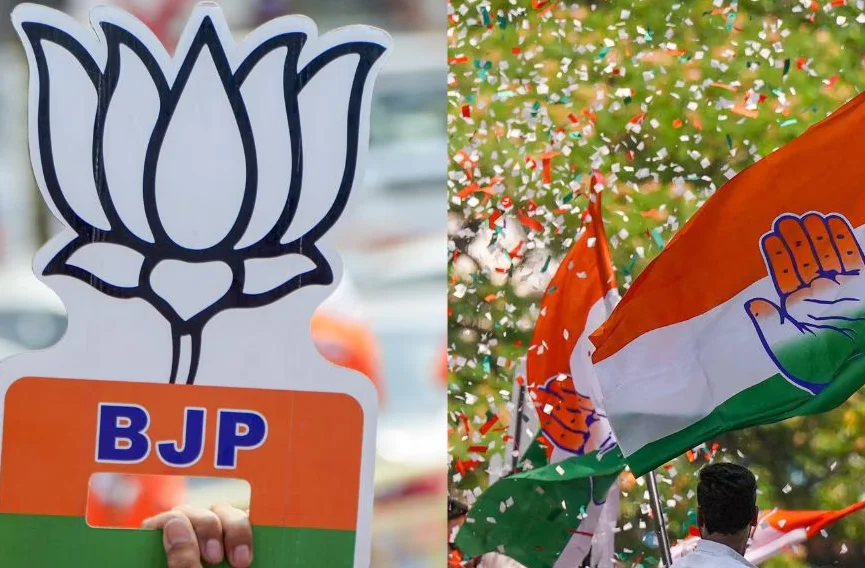The ongoing debate surrounding the Places of Worship (Special Provisions) Act, 1991 has escalated
- byAdmin
- 18 Jan, 2025

The ongoing debate surrounding the Places of Worship (Special Provisions) Act, 1991 has escalated, with political parties taking opposing stances on the law’s significance and its implications for India’s secularism and communal harmony.

Congress' Support for the Act:
The Congress Party has recently approached the Supreme Court in support of the Places of Worship Act, arguing that the law is vital to preserving secularism and communal harmony in India. Congress has expressed its belief that this law protects the status quo of religious sites as they existed on 15 August 1947, in an effort to avoid reopening sensitive historical disputes over places of worship. The party has claimed that the act protects fundamental constitutional rights such as equality before the law, freedom of religion, and the right to cultural protection for all citizens.
BJP’s Strong Criticism:
In response, the BJP has strongly criticized Congress for supporting the Act, accusing it of betraying Hindus and effectively waging a "war" against them. Amit Malviya, BJP's IT department head, called Congress’ support for the Act an attempt to deny Hindus their constitutional rights to reclaim historically significant religious sites. Malviya claimed that Congress had previously supported policies such as the Waqf Act and the Places of Worship Act, both of which he argued favored Muslims and denied Hindus their rightful claims.
Malviya also accused Congress of approving the partition of India on religious lines and called the party the “new Muslim League,” signaling a shift in its allegiance to Muslim interests at the expense of Hindus. His comments reflect the BJP's view that Congress is acting in opposition to Hindu religious rights.
What is the Places of Worship Act?
The Places of Worship Act was enacted in 1991 under the Narasimha Rao-led Congress government, particularly in response to the Ayodhya Ram Mandir movement. The law froze the status of religious places as they were on 15 August 1947, ensuring that no new religious claims or constructions would be allowed on disputed sites, with the notable exception of Ayodhya. The aim was to prevent religious unrest over contentious sites such as the Kashi Vishwanath Temple, the Gyanvapi Mosque in Varanasi, and the Shahi Idgah Mosque in Mathura, where Hindus claim that temples were demolished to build mosques.
BJP’s Opposition to the Act:
The BJP, along with other Hindu groups and organizations, has consistently opposed the Places of Worship Act, particularly due to its restrictions on reclaiming religious sites believed to have been forcibly converted into mosques or other places of worship by Muslims during historical periods. The BJP points to the Kashi Vishwanath Temple in Varanasi and the Shahi Idgah Mosque in Mathura, both of which are considered by Hindus to have been built after the destruction of temples. However, this stance is controversial, as the RSS chief Mohan Bhagwat has stated that there is no need to search for temples beneath every mosque, urging for a more reconciliatory approach.
The Road Ahead:
The Congress’ move to the Supreme Court in support of the Places of Worship Act has reignited tensions between the BJP and Congress, especially as the BJP has continuously pushed for the reclaiming of Hindu religious sites. This conflict also intertwines with ongoing discussions about Ayodhya and the Ram Mandir, further complicating the political landscape.
As both parties stake their positions, the Supreme Court’s ruling on this matter could have significant repercussions for India's religious and political future, especially regarding the sensitive issue of reclaiming religious sites and the broader implications for communal harmony in the country.




